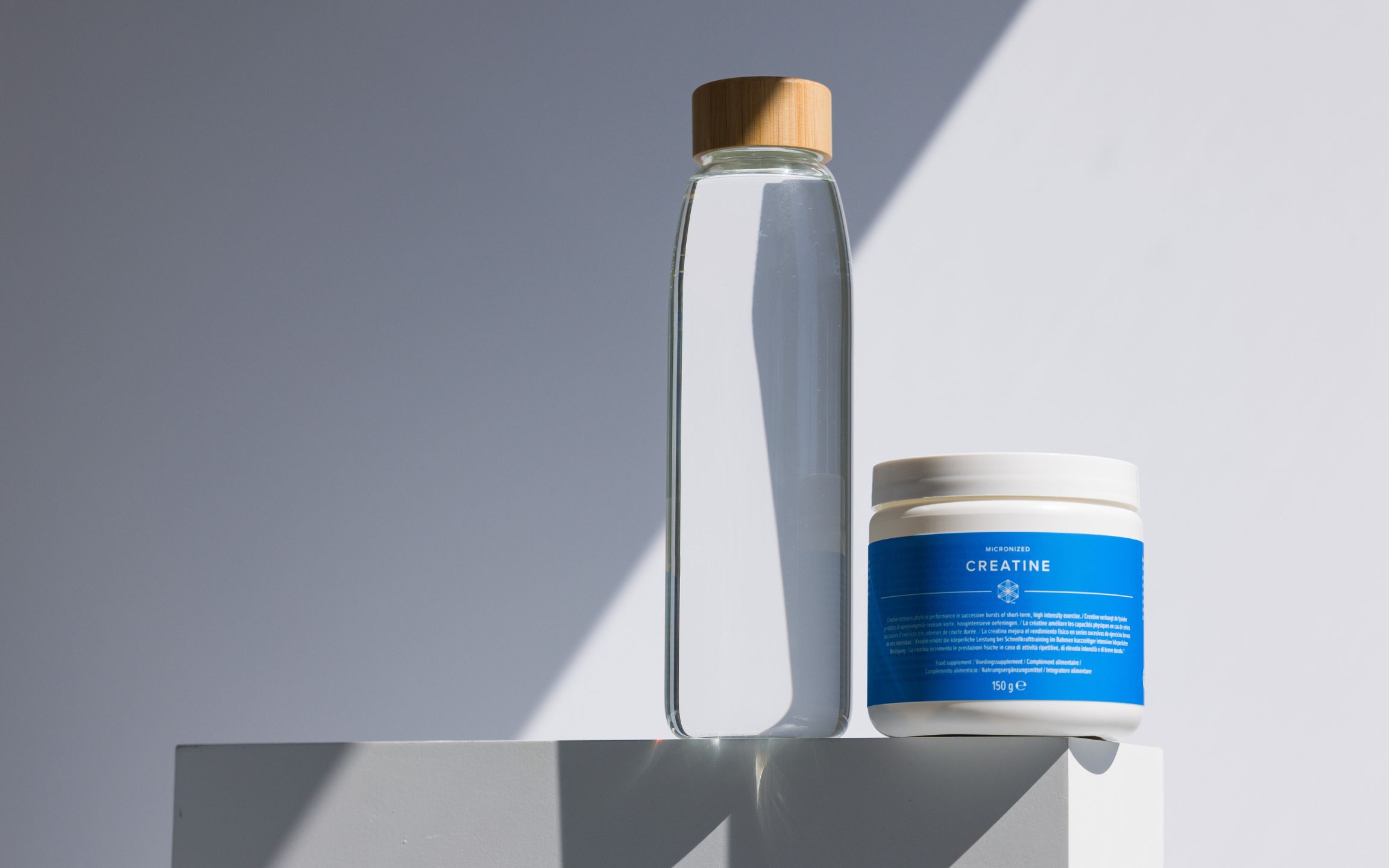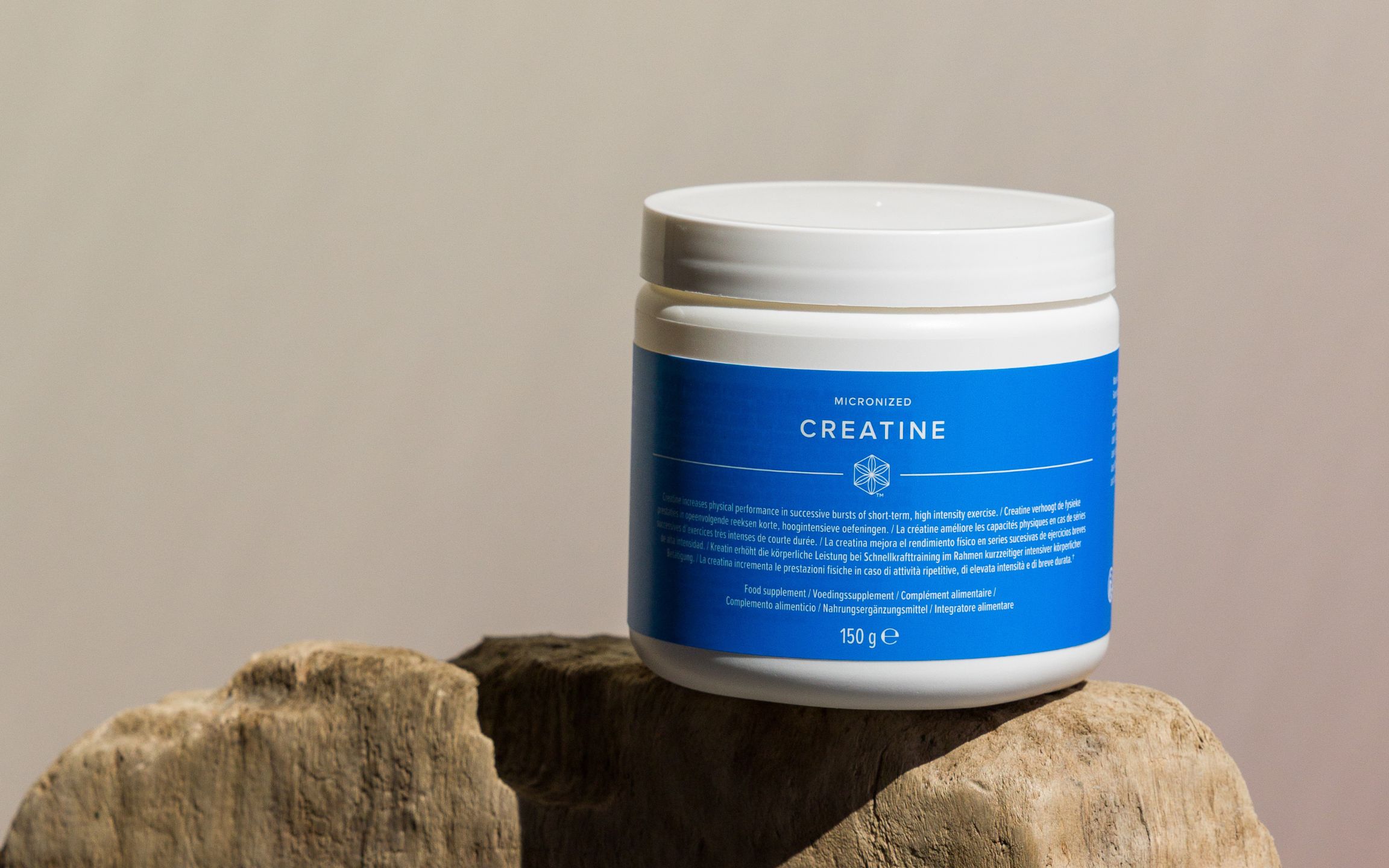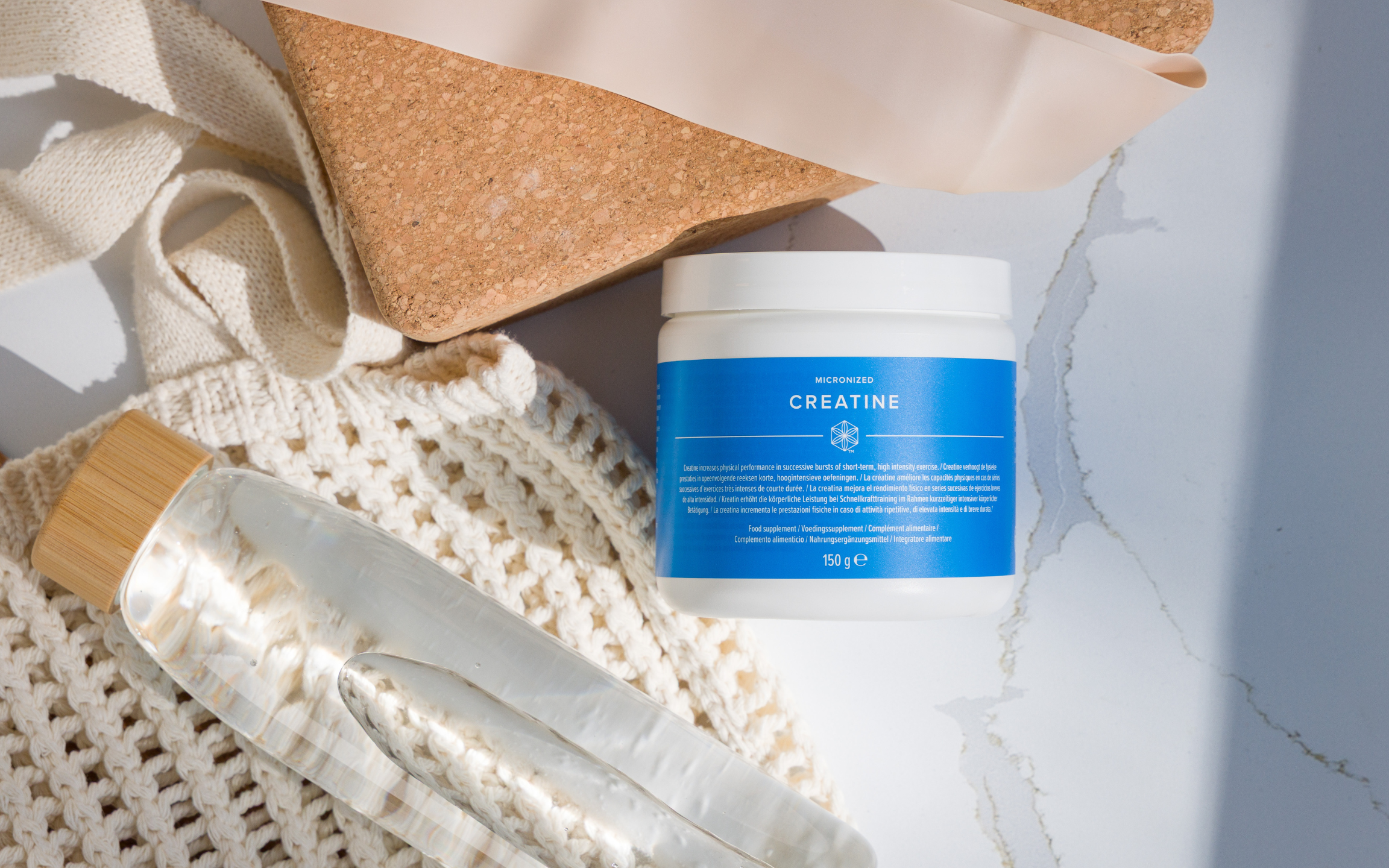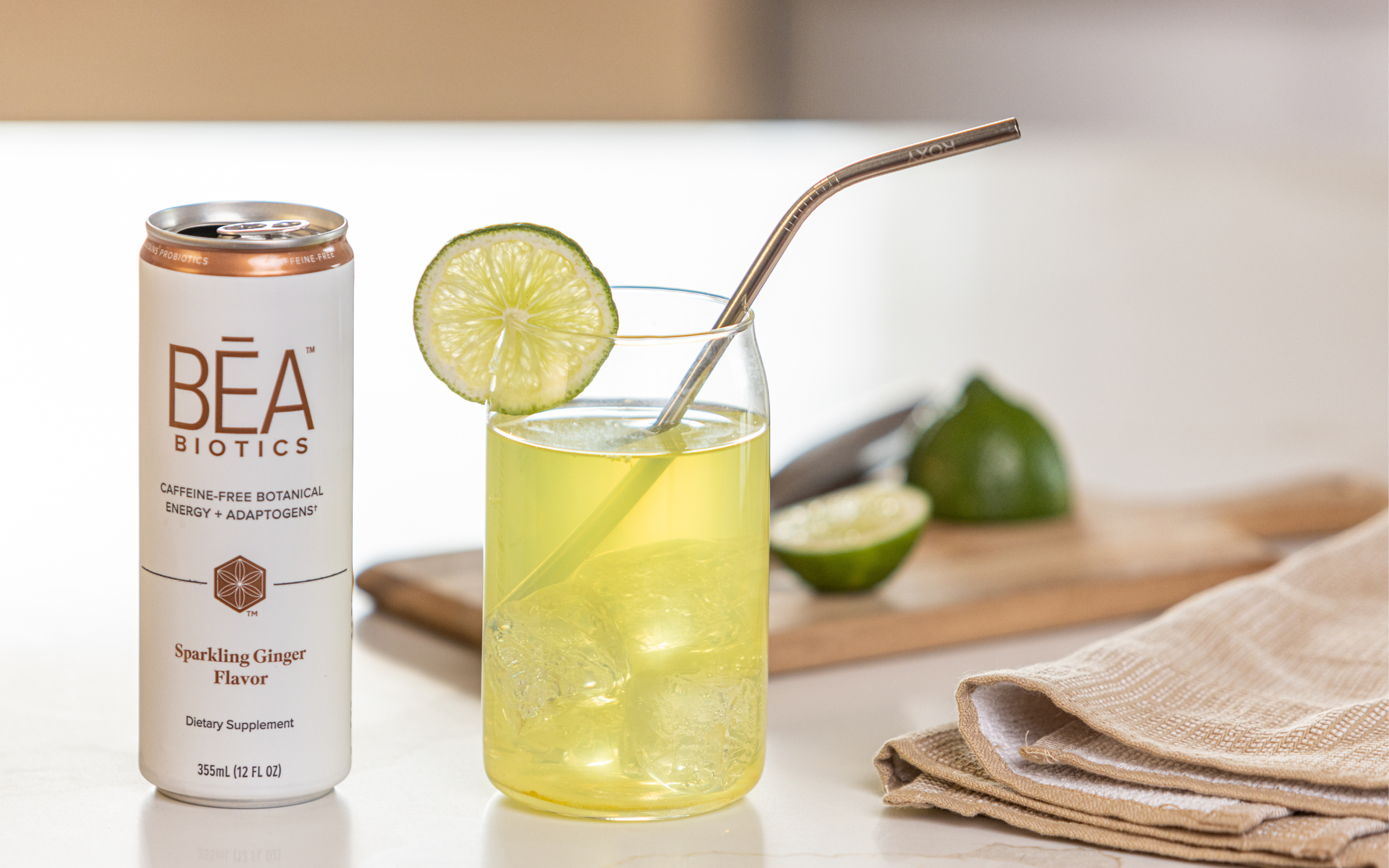Pea Protein vs Whey Protein
July 19, 2018,
Rebecca Haresign
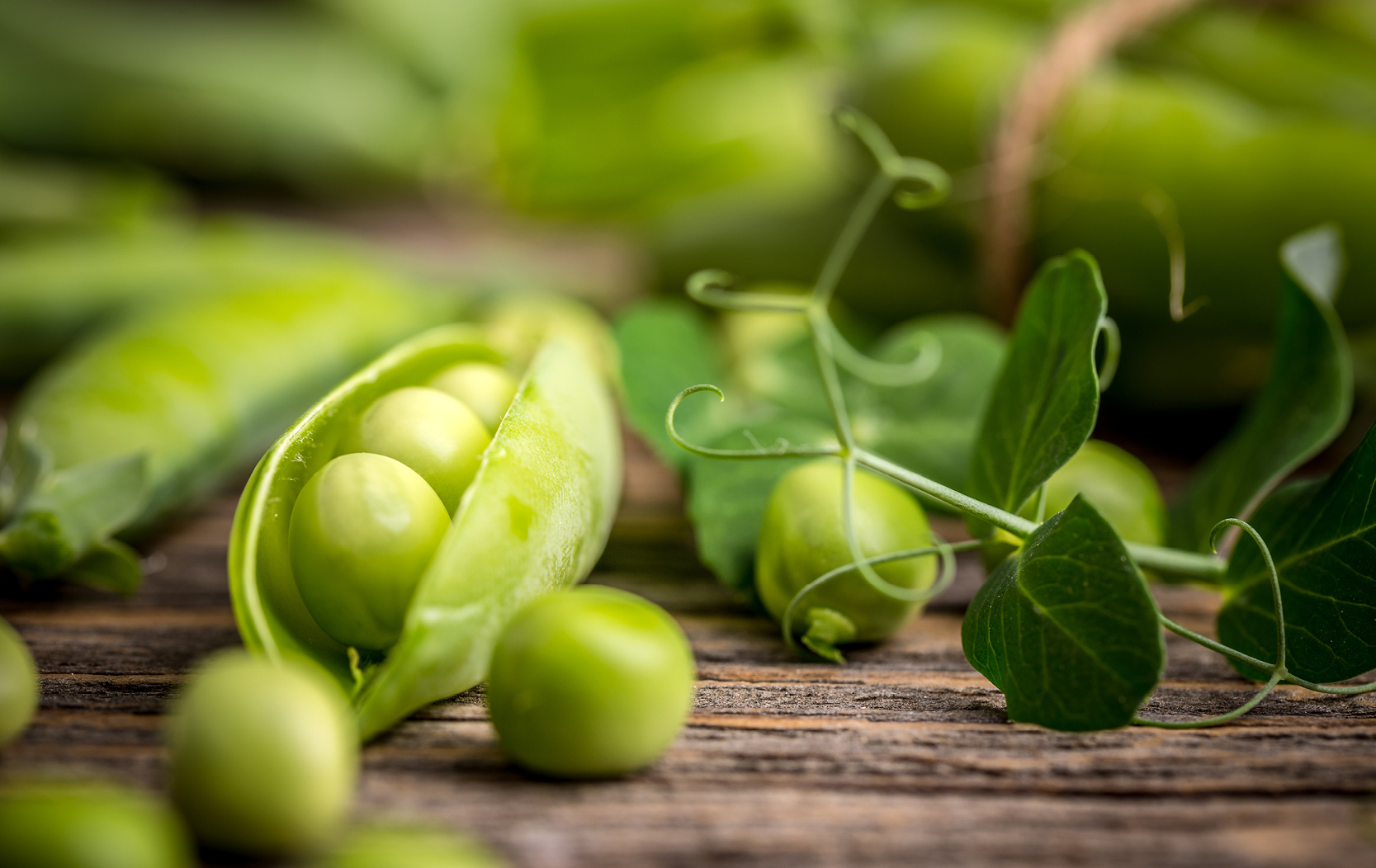
If you’re wondering the difference between whey protein and pea protein, you aren’t alone. Researchers have compared many different types of protein for their muscle building potential (1). Specifically, they sought to determine whether pea protein could replicate the muscle-building benefits widely observed with whey protein.
The study divided 161 healthy young males into three groups who received either 25 grams of whey protein, pea protein, or a placebo twice a day while undergoing resistance exercises for 12 weeks. The overall results of the study found there was no significant difference between whey and pea protein consumption affecting muscle thickness of the subjects. This finding suggests that pea protein has muscle protein synthesis effects comparable to the gold standard: dairy-based whey protein.
The benefits of pea protein reported in this study are likely due to the product chosen for the study (85 percent protein by weight), which was rich in those essential branched-chain amino acids (BCAAs; leucine, isoleucine and valine) required for muscle building (2). Increased levels of leucine particularly favours muscle building and its effects on muscle are greater alongside the other amino acids found in pea protein (3).
Previously a scientific review reported that leucine stimulates protein synthesis required to replace muscle protein damaged by resistance exercise and that protein synthesis is 20 percent higher after consuming leucine combined with protein and carbohydrates, compared to ingestion of carbohydrates and protein alone (4). Taking pea protein after intense exercise can help maximise muscle mass gains during the recovery period of training.
Overall, this study suggests the possibility that pea protein may be a comparable alternative to whey protein—and superior compared to other plant-based proteins like soy—for athletes of different performance levels and sports. In addition, pea protein is rich in the amino acid arginine and plays many different beneficial roles in the body including ammonia detoxification and supporting heart health (5). The study is also good news for those individuals seeking a source of high-quality plant-based protein for muscle building that is allergen free.
While this study highlights the muscle-building properties of pea as a source of plant-based protein, it may not necessarily act as a replacement for all of whey’s benefits. The amino acid profile of pea protein and whey protein aren’t identical, however when paired with a complementary plant-based protein, this can create a superior amino acid profile.
Isagenix Plant-Based products are made from a combination of protein derived from pea and wholegrain brown rice. By combining these two proteins, we have created an amino acid profile similar to that of whey protein to support weight management and muscle building.
References
- Babault N, Pazis C, Deley Gl et al. Pea proteins oral supplementation promotes muscle thickness gains during resistance training: a double-blind, randomized, Placebo-controlled clinical trial vs. Whey protein. Journal of the International Society of Sports Nutrition 2015;12:3.
- Stark M, Lukaszuk J, Prawitz A, Salacinski A. Protein timing and its effects on muscular hypertrophy and strength in individuals engaged in weight-training. J Int Soc Sports Nutr 2012;9:54.
- Balage Ml, Dardevet D. Long-term effects of leucine supplementation on body composition. Current Opinion in Clinical Nutrition & Metabolic Care 2010;13:265-70.
- Koopman R, Saris WH, Wagenmakers AJ, van Loon LJ. Nutritional interventions to promote post-exercise muscle protein synthesis. Sports Medicine 2007;37:895-906.
- Cylwik D, Mogielnicki A, Buczko W. L-arginine and cardiovascular system. Pharmacol Rep 2005;57:14-22.

